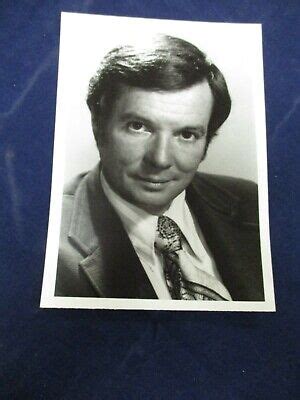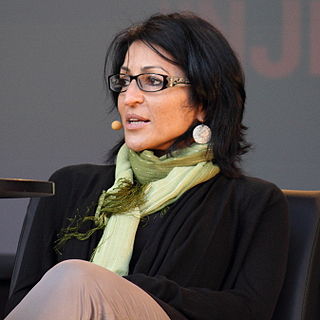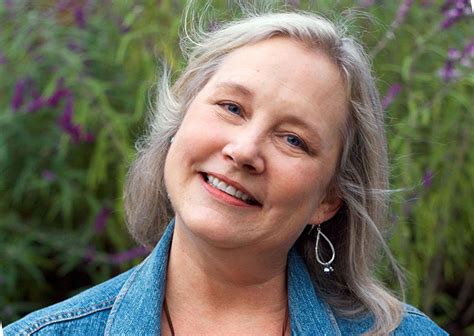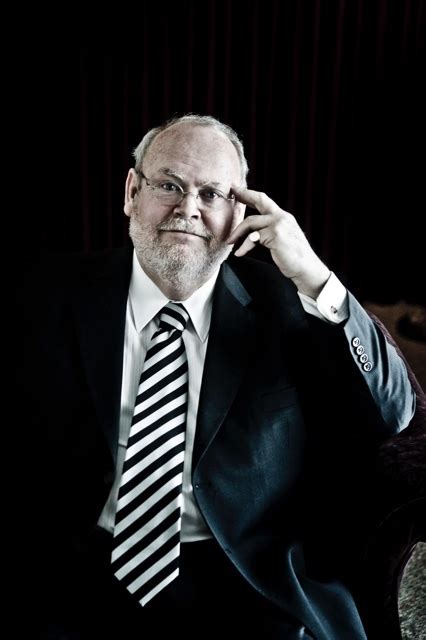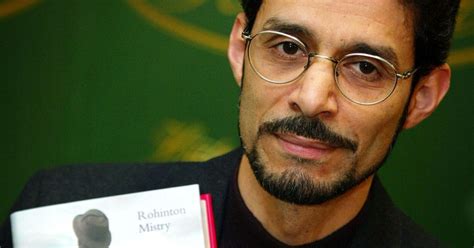Top 1200 Grief And Loss Quotes & Sayings - Page 3
Explore popular Grief And Loss quotes.
Last updated on April 15, 2025.
Grief is neither a disorder nor a healing process; it is a sign of health itself, a whole and natural gesture of love. Nor must we see grief as a step toward something better. No matter how much it hurts-and it may be the greatest pain in life-grief can be an end in itself, a pure expression of love.
The roots of our grief coil so deeply into loss that death has cometo live with us like a family member who makes you happy by avoidingyou, but who is still one of the family. Our anger is a rage that Westerners cannot understand. Our sadness can make the stonesweep. And the way we love is no exception
Grief does not seem to me to be a choice. Whether or not you think grief has value, you will lose what matters to you. The world will break your heart. So I think we’d better look at what grief might offer us. It’s like what Rilke says about self-doubt: it is not going to go away, and therefore you need to think about how it might become your ally.
If a man does not die of a wound, then it heals in some fashion, and so it is with loss. From the sharp pain of immediate berevement, both the Prince and I passed into the gray days of numb bewilderment and waiting. So grief has always seemed to me, a time of waiting not for the hurt to pass, but to become accustomed to it.
As crime writers, we put these characters, year after year, book after book, through the most horrendous trauma, dealing with grief and death and loss and violence. We can't pretend that these things don't affect these characters; they have to. If they don't, then you're essentially writing cartoons.
The answer to the mystery of existence is the love you shared sometimes so imperfectly, and when the loss wakes you to the deeper beauty of it, to the sanctity of it, you can't get off your knees for a long time, you're driven to your knees not by the weight of the loss but by gratitude for what preceded the loss.
Another misconception is that if we truly loved someone, we will never finish with our grief, as if continued sorrow is a testimonial to our love. But true love does not need grief to support its truth. Love can last in a healthy and meaningful way, once our grief is dispelled. We can honor our dead more by the quality of our continued living than by our constantly remembering the past.
New grief, when it came, you could feel filling the air. It took up all the room there was. The place itself, the whole place, became a reminder of the absence of the hurt or the dead or the missing one. I don't believe that grief passes away. It has its time and place forever. More time is added to it; it becomes a story within a story. But grief and griever alike endure.
When we assume that 'normal' people need 'time to heal,' or discourage individuals from making any decisions until a year or more after a loss, as some grief counselors do, we may be giving inappropriate advice. Such advice can cause people who feel ready to move on to wonder if they are hardhearted.
The compensations of calamity are made apparent to the understanding also, after long intervals of time. A fever, a mutilation, a cruel disappointment, a loss of wealth, a loss of friends, seems at the moment unpaid loss, and unpayable. But the sure years reveal the deep remedial force that underlies all facts.




